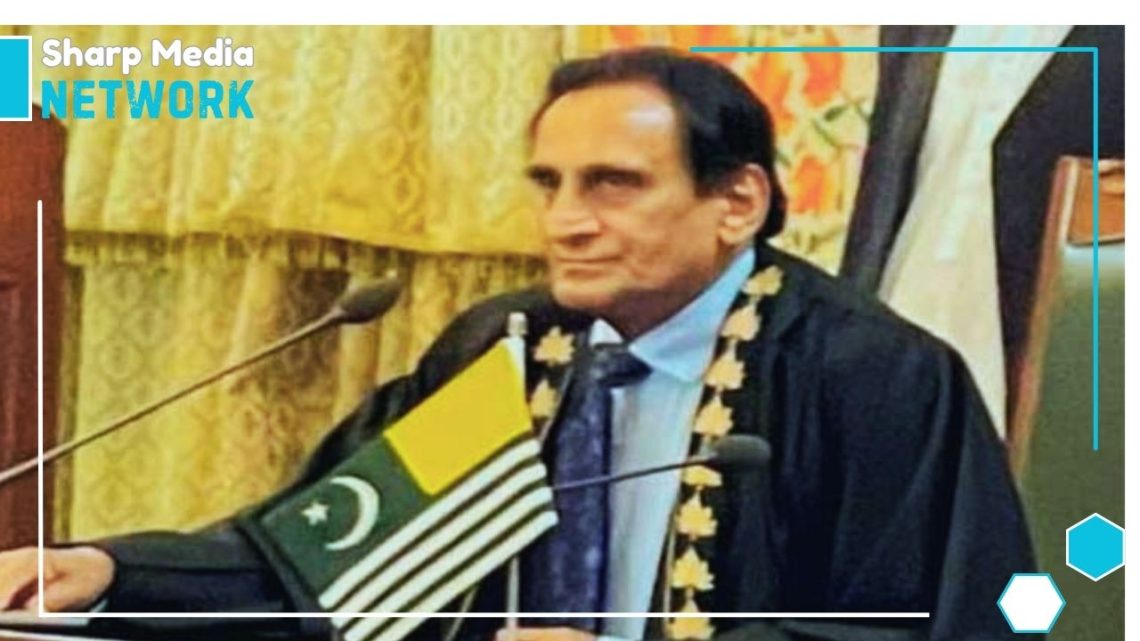
Resolution of Kashmir Dispute is Key to Peace in South Asia: Speaker AJK
December 20, 2024Without justice for Kashmir, peace in South Asia remains an illusion—India’s oppression demands global action now.
Chaudhry Latif Akbar, Speaker of the Azad Jammu and Kashmir Legislative Assembly, has unequivocally stated that lasting peace in South Asia hinges on the resolution of the Kashmir dispute. Speaking at the 18th Speakers’ Conference in Pakistan, Akbar underscored the urgent need for collective action and dialogue among legislative bodies to address this prolonged crisis.
He praised Pakistan’s National Assembly Speaker Sardar Ayaz Sadiq for organizing the event, calling it a crucial step toward fostering unity among legislative leaders. However, his address took a sharp turn when he highlighted the suffering endured by the people of Indian Illegally Occupied Jammu and Kashmir (IIOJK). “Sustainable peace cannot be achieved without addressing the oppression faced by Kashmiris,” he declared.
Akbar lambasted India’s revocation of Articles 370 and 35A, labeling it a blatant attempt to alter Jammu and Kashmir’s demography and legal status. This unconstitutional move has not only violated international norms but also unleashed a wave of human rights abuses, further entrenching the BJP’s Hindutva-driven policies.
In an hurtful critique of India’s actions, Akbar referred to the recent sham elections in IIOJK, where the people overwhelmingly rejected the BJP’s oppressive agenda. He emphasized that these elections were a façade to legitimize India’s illegal occupation, exposing the true face of its authoritarian regime.
Paying tribute to the resilience of Kashmiris, Akbar hailed their bravery in the face of relentless oppression. He acknowledged the pivotal role of Pakistan’s National Assembly’s Special Committee on Kashmir for visiting the Line of Control (LoC) and addressing the concerns of displaced refugees. He also expressed gratitude to President of Pakistan Mr. Asif Ali Zardari and Prime Minister Mr. Shehbaz Sharif for their continued support of the Kashmiri cause.
Reaffirming the legal foundation of Kashmir’s status, Akbar cited the United Nations’ 1949 resolution, which unequivocally recognizes the right of Kashmiris to self-determination. He urged the international community to hold India accountable for its war crimes and to pressure it into honoring its commitments under international law.
The Kashmir issue is not merely a territorial dispute; it is a human tragedy marked by systematic oppression, mass atrocities, and the denial of basic rights. The global community must recognize its moral and legal responsibility to come forward. Without justice for Kashmir, peace in South Asia will remain a distant dream.

